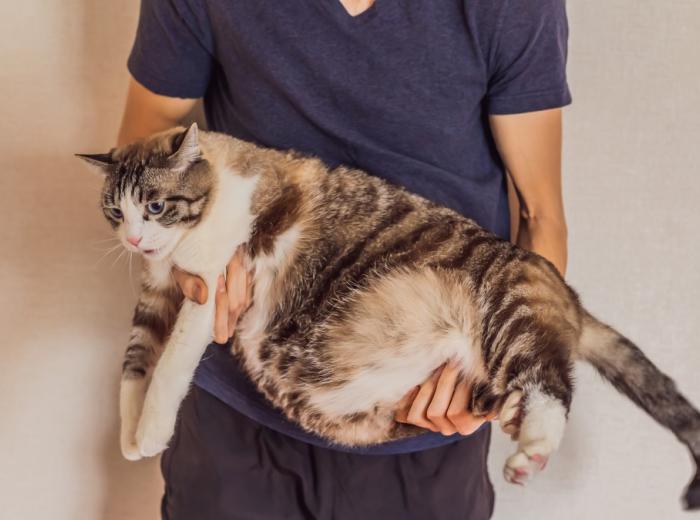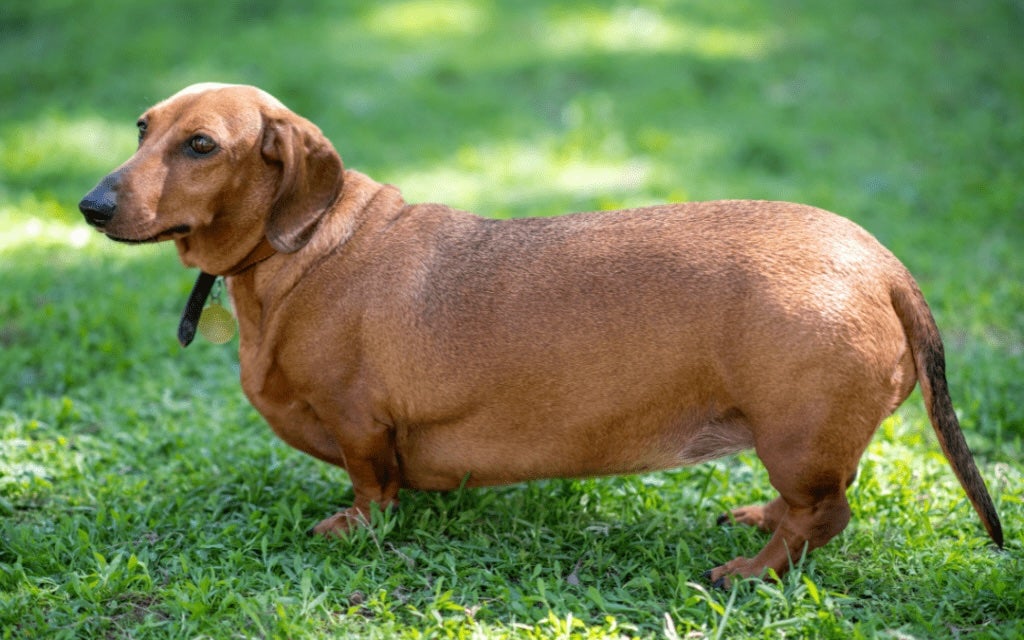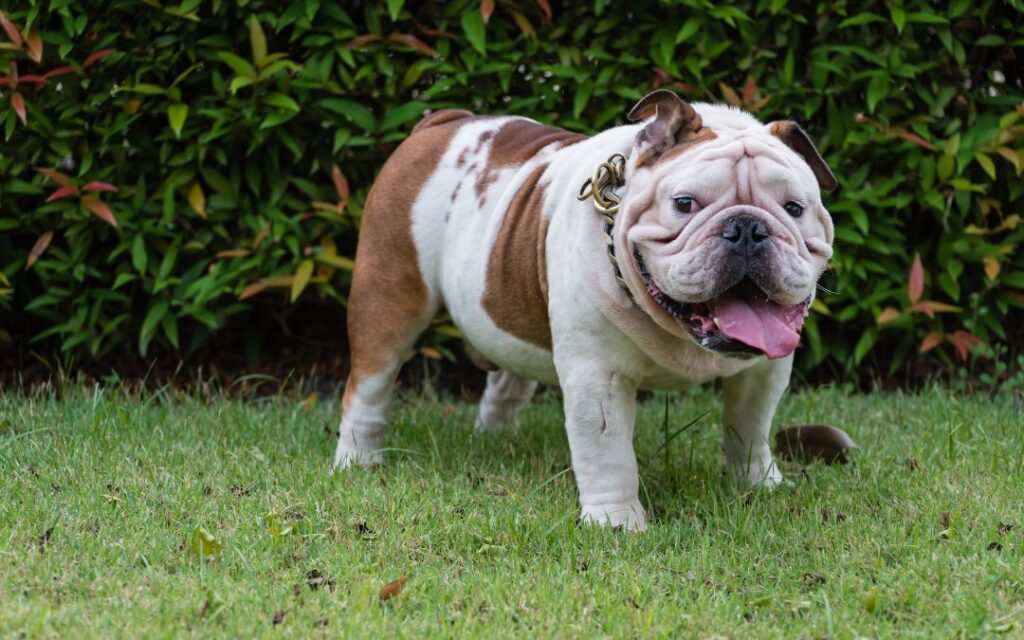
Obesity is an increasingly common problem among pets, and it can lead to serious health complications if not addressed. Just like humans, pets can gain excess weight due to various factors, and this extra weight can have detrimental effects on their overall well-being. In this blog, we’ll explore the causes of pet obesity, the risks and side effects associated with it, and, most importantly, how to prevent it.
To encourage you to be aware of your pet’s body condition we are offering free body condition assessments and a free sample of a metabolic food that is designed to help pets to lose some of those unwanted pounds.

Causes of Pet Obesity
- Overfeeding:
One of the primary causes of obesity in pets is overfeeding. Pets that are given too much food, especially calorie-dense treats or table scraps, can easily exceed their caloric needs. Owners may misinterpret a pet’s begging behavior as hunger and provide more food than necessary.
- Lack of Exercise:
Many pets today do not receive enough physical activity. Indoor pets, particularly, can have limited opportunities to burn calories. Sedentary lifestyles lead to weight gain as calories consumed are not adequately used.
- Age:
As pets age, their metabolism slows down, meaning they require fewer calories. However, many owners continue feeding their aging pets the same amount as when they were younger, leading to weight gain.
- Breed Predisposition:
Certain dog breeds, like Labradors, Dachshunds, and Pugs, are more prone to weight gain due to genetic factors. These breeds may have lower metabolic rates or a stronger appetite, making them more susceptible to obesity.
- Neutering/Spaying:
Neutered or spayed pets often experience hormonal changes that can reduce their energy requirements, making them more likely to gain weight if their food intake isn’t adjusted accordingly.
- Underlying Health Conditions:
Medical conditions such as hypothyroidism or Cushing’s disease can lead to weight gain in pets. These conditions affect metabolism and may require veterinary intervention.

Risks and Side Effects of Obesity
- Shortened Lifespan:
Overweight pets are at risk for a reduced life expectancy. Studies show that carrying excess weight can shave off several years of a pet’s life.
- Joint Problems and Arthritis:
Extra weight puts strain on a pet’s joints, leading to early onset of arthritis and mobility issues. Larger breeds, in particular, are more prone to these problems when they are overweight.
- Heart Disease:
Obesity can lead to an increased risk of cardiovascular diseases in pets. The heart has to work harder to pump blood through the body when there is excess weight, which can cause heart failure over time.
- Diabetes:
Obesity significantly increases the risk of Type 2 diabetes in pets, especially in cats. This condition requires lifelong management, including insulin therapy and dietary changes.
- Respiratory Problems:
Overweight pets, particularly brachycephalic breeds like Bulldogs and Persian cats, often experience respiratory issues. Their excess fat can restrict breathing, leading to difficulty during exercise or even at rest.
- Reduced Quality of Life:
Obese pets may experience a lower quality of life. They are often less active, have trouble moving, and may be in pain due to joint issues. They also face challenges with heat regulation, making them more prone to overheating.
How to Prevent Pet Obesity
- Portion Control:
Proper portion sizes are key to preventing obesity. Avoid free-feeding (leaving food out all day) and instead measure your pet’s food based on their ideal weight, age, and activity level. Consult your veterinarian for personalized feeding guidelines.
- Balanced Diet:
Choose high-quality pet food that meets your pet’s nutritional needs without being overly calorie-dense. Avoid table scraps and excessive treats, which can add unnecessary calories. If treats are necessary for training or rewards, choose low-calorie options.
- Regular Exercise:
Daily exercise is crucial for maintaining a healthy weight. Dogs should be walked or engaged in active play, while cats can benefit from toys that stimulate movement, such as laser pointers or feather wands.
- Routine Weight Checks:
Regular vet visits for weight checks can help track your pet’s health and prevent obesity. Monitoring your pet’s weight allows you to make necessary adjustments to their diet and exercise routine before weight gain becomes an issue.
- Avoid Feeding Emotional Cues:
Pets often beg for food even when they aren’t hungry. Train yourself to recognize when your pet truly needs food versus when they are simply seeking attention or comfort. Engage them with play or affection instead of food when they seek attention.
- Spay/Neuter Considerations:
After spaying or neutering, be mindful of adjusting food intake. Work with your veterinarian to create a plan that reflects your pet’s new metabolic needs, ensuring they don’t gain weight after the procedure.
Pet obesity is a serious health concern, but it’s preventable with proper diet, exercise, and attention to your pet’s needs. By recognizing the signs early and taking action, you can help ensure your pet lives a long, healthy, and happy life. Regular visits to your veterinarian and staying informed about your pet’s nutritional requirements will go a long way in preventing obesity and its associated risks. Give us a call (970) 963-2371 or go to our website www.alpinehospital.com to schedule a free body condition score for your pet. Be well and happy fall!
